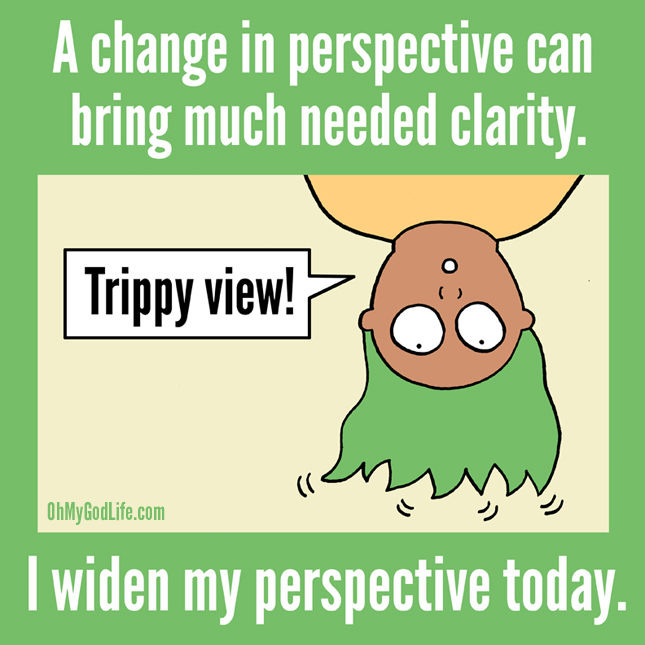In an ever-evolving world punctuated by social, cultural, and political tumult, the Bahá’í teachings illuminate a path towards a profound understanding: the consciousness of oneness. A central tenet of Bahá’í philosophy, this concept beckons not only individual transformation but also invites collective action. Thus, one might ponder: how can individuals expand their consciousness of oneness in an age rife with divisions, biases, and borders? This query, while seemingly simple, presents a challenge that prompts a deeper exploration into the essence of humanity’s shared existence.
The notion of oneness transcends mere sentiment; it necessitates an entrenched understanding of the interdependence of all human beings. The Bahá’í teachings posit that humanity constitutes a single entity, akin to the cells of a body, wherein the flourishing of each individual directly impacts the whole. This metaphor not only underscores the importance of personal growth but emphasizes the interconnectedness inherent in the fabric of humanity. How can one expand upon this intricate tapestry? By fostering a consciousness that transcends conventional boundaries—whether they be geographical, ideological, or emotional.
At the heart of this expansion is the cultivation of universal love and compassion. Bahá’í writings advocate for the eradication of prejudices, urging followers to recognize the inherent nobility of every individual, regardless of their background. In practice, this could manifest as engaging in dialogues that challenge preconceived notions, fostering environments where diverse perspectives are not merely tolerated but celebrated. This approach calls upon individuals to venture beyond their echo chambers—regions of thought where biased narratives thrive—to embrace a multitude of viewpoints. Such intellectual openness not only refines personal understanding but also brings forth a richer collective consciousness.
Yet, embarking on this journey of expanding consciousness does not come without its hurdles. The very essence of bias—whether based on race, nationality, or socioeconomic status—has deep-seated roots that can be resistant to change. Grappling with internal biases demands rigorous self-examination and a willingness to confront discomfort. Here lies the challenge: without addressing personal biases, one may inadvertently contribute to wider societal divisions, thus negating efforts to uphold the principle of oneness. Embracing this challenge requires both humility and courage, as individuals navigate the complex landscape of human interactions.
Moreover, the expansion of consciousness of oneness involves transcending the physical borders that have long demarcated nations and communities. The Bahá’í teachings emphasize the oneness of humanity and advocate for the dissolution of all forms of division wielded by race, religion, or nation. This perspective encourages individuals to engage in global citizenship—embracing an identity that recognizes us as part of a larger human family. Such an identity invites individuals to act for the betterment of humanity as a whole, often manifesting in social action initiatives aiming to alleviate poverty, promote education, and empower the marginalized. As one engages in these efforts, the challenges of translation—both linguistically and culturally—may arise, but overcoming them opens pathways to genuine connection and collaboration.
Interaction, then, becomes a pivotal platform for expanding consciousness. Organizing interfaith dialogues, cultural exchanges, and collaborative projects initiates transformative experiences that challenge existing biases. It impels individuals to confront uncomfortable truths, as conversations often elicit deeper examination of personal beliefs and actions. Through shared learning experiences, participants not only broaden their perspectives but also cultivate empathy towards others’ struggles and achievements. As individuals embrace this communal journey, the barriers constructed by preconceived biases start to diminish, gradually fostering an ecosystem of unity.
Acknowledging the reparative potential of education serves as another crucial aspect of expanding consciousness. In the Bahá’í framework, the pursuit of knowledge is not merely an intellectual endeavor but a moral imperative. By advocating for education that promotes ethical development and critical thinking, Bahá’í teachings stipulate that it is essential to empower individuals with the tools necessary to critique societal norms and to envisage a just world. Education thus becomes a catalyst for transformation—one that enables individuals to recognize the limits of their knowledge and to foster an insatiable curiosity regarding the multiplicity of human experience.
As individuals strive to expand their consciousness, an essential element is the practice of detachment from materialism. Bahá’í teachings warn against the perils of excessive material preoccupation, asserting that true fulfillment emanates from the cultivation of spiritual qualities. Detachment enables individuals to appreciate the beauty inherent in simplicity and fosters a recognition of the collective journey towards spiritual elevation. It prompts an understanding that possessions, status, or nationalistic pride cannot fill the void that the oneness of humanity seeks to address.
Ultimately, the quest for enlarging our consciousness of oneness is an intricate endeavor that necessitates continual effort, self-reflection, and communal engagement. By embracing the challenges of bias, fostering education, and nurturing environments conducive to dialogue, individuals can contribute to a collective paradigm shift. In doing so, they reflect the ethos of Bahá’í teachings, positioning themselves not as isolated beings, but as vital participants in the unfolding narrative of humanity—a narrative forever enriched by the diversity and depth of the human experience. The path towards oneness may be fraught with obstacles, but the rewards are profound: a more harmonious, compassionate, and unified world for all.
